Travel Experiences 7: Working the Wound, Part 2: Loving Attention

Walking with the wound was its own concentration. Grateful that I could walk at all, I had to move with care. My slow, focussed rhythm was unusual. Those who notice others looked to my bandage and gave me room to reach handrails, or let me sit on crowded busses or trains.
The wound spoke in its only language—sensation. Sometimes the stitches pulled for no apparent reason. I worked at staying with sensation instead of pushing it away and relaxing fear.
In his response to my email, my Teacher suggested breathing up from the soles of my feet through my whole body and out through my crown, then exhaling through my crown and body, out my feet. He recommended adding the practices “Ya Raqib,Ya Hafiz” to my breath, though intention.
Ya (invoking) Raqib is a divine Name for loving attention. Inhaling in this intention, I watched each step to avoid jarring the wound. Bringing loving attention to my leg, limits and needs helped during onrushes in crowds. I kept renewing my intention to bring Earth energy in through my feet. This focus also helped me to  take in my environment and locate places and items I was trying to find. It increased my confidence getting around.
take in my environment and locate places and items I was trying to find. It increased my confidence getting around.
Ya (invoking) Hafiz is a divine Name for protection, and also for deep respect. I exhaled this quality from my crown down and out my feet, beginning with respect for my body and the ways enhanced attention makes me safer.
Combining Ya Raqib and Ya Hafiz evoked numerous reflections:
Paying loving attention is doing our part. Expecting protection without contributing attention is absent accountability.
We need to NOTICE in order to truly respect. Making assumptions without truly noticing does not support respect. A few implications:
–If I did not feel my wound I may not respect my limits.
–If we do not notice the results of eating something we are sensitive to, we will keep eating it and irritate our bodies instead of respecting our needs.
–If someone thinks we are other than we are, they are unlikely to respect our needs.
–If we do not recognize our own energy, we cannot tell when we take on energy that does not belong with us and cannot respect our own need for boundaries.
–Being aware makes for right action.
Our degree of self respect and our ability to respect others are intimately involved with our relationship to physical space. The ways we do and cannot take up space reflect whether or not we feel respectable, and express some of the ways in which we respect or disregard others.
We have different styles of negotiating safety and personal space. Some people, for example, accumulate physical bulk and use it aggressively, demanding a lot of space. Some maintain energy fields like barbed wire or electric sparks for a similar function. Others shrink away and all but disappear in groups. Some blend so much they cannot tell who they are themselves. These types of behavior are rooted in the survival instinct. In part, they help compensate for feeling small, unimportant, unsafe or unseen.
Receiving respect assists us to feel seen and to feel safe.
Through practice we can root ourselves so strongly that we sense our existence whether or not anyone acknowledges us. Surmounting fear of nonexistence supports the ability to melt into profound meditation and broadens the range of experience with which we are comfortable.
My own practices began to show me my tendency to navigate away from occupied space by quickly flowing into open spaces. I noticed that I feel trapped and sometimes a bit panicky when I cannot move freely. Being fully grounded and taking up space intentionally adds gravity to my energy fields feels like dignity. The leg wound forced me to do this. Doing so felt good, if somewhat confining.
I still found oblivious tourists who stand in Borg-like (from Star Trek) solidarity, as if no one outside their hive exists challenging. As a child I felt that I didn’t matter or exist. My practices helped me begin to break down these impressions—but also sensitized me to them. Being trapped in crowds whose conditioning aggravated my old discomfort was like being annihilated in a sea of painful energy. I held a goal to be able to respect myself enough to respect the people who set me off.
Knowing my own wounds helped me respect myself. Sensing the wounds beneath people’s cultural conditioning helped with the outer part. I could see how martial arts and meditation could help counterbalance immersion in a hive-like mentality, where it’s hard to matter as an individual, and understand how constant selfies and being in every photo helped to affirm individual existence.
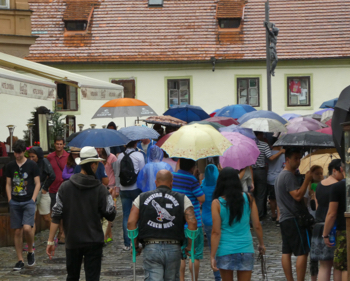
Crowd reduced sixty percent by rain, most groups not out.
Holding my own vibration with loving attention and respect among intense masses of energy was a useful self-development exercise. When I was too distracted by the crowds, it helped to focus on the individuality of each person in front of me.
What are your survival defenses?
When do they arise for you?
What do you do if your usual strategies for self care fail and you cannot get what you need or ask for it?


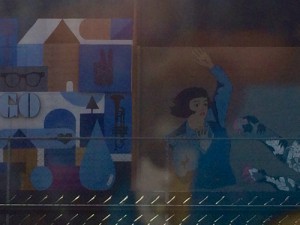 ‘travel angel’ showing up to guide me mean that I was supposed to be at the monastery?” “If I hadn’t gone, would I have injured myself elsewhere?”
‘travel angel’ showing up to guide me mean that I was supposed to be at the monastery?” “If I hadn’t gone, would I have injured myself elsewhere?”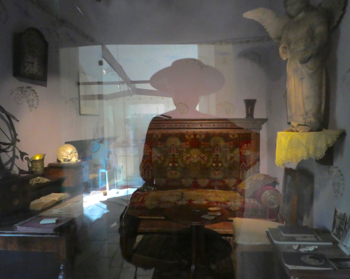 programing. This can show up in many different ways. For example, we may assign a sense that we can never be good enough to an abstract divine authority, feel we deserve to be punished for things we think, or feel shame about our basic humanity.
programing. This can show up in many different ways. For example, we may assign a sense that we can never be good enough to an abstract divine authority, feel we deserve to be punished for things we think, or feel shame about our basic humanity.


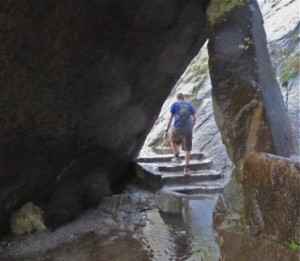





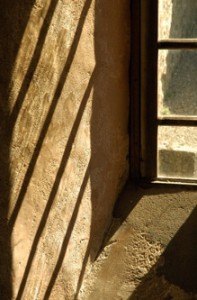



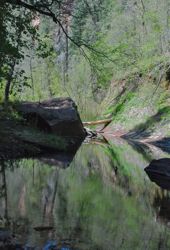
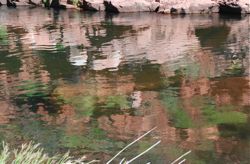

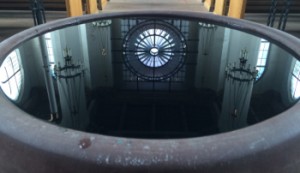 of thing.”
of thing.”
